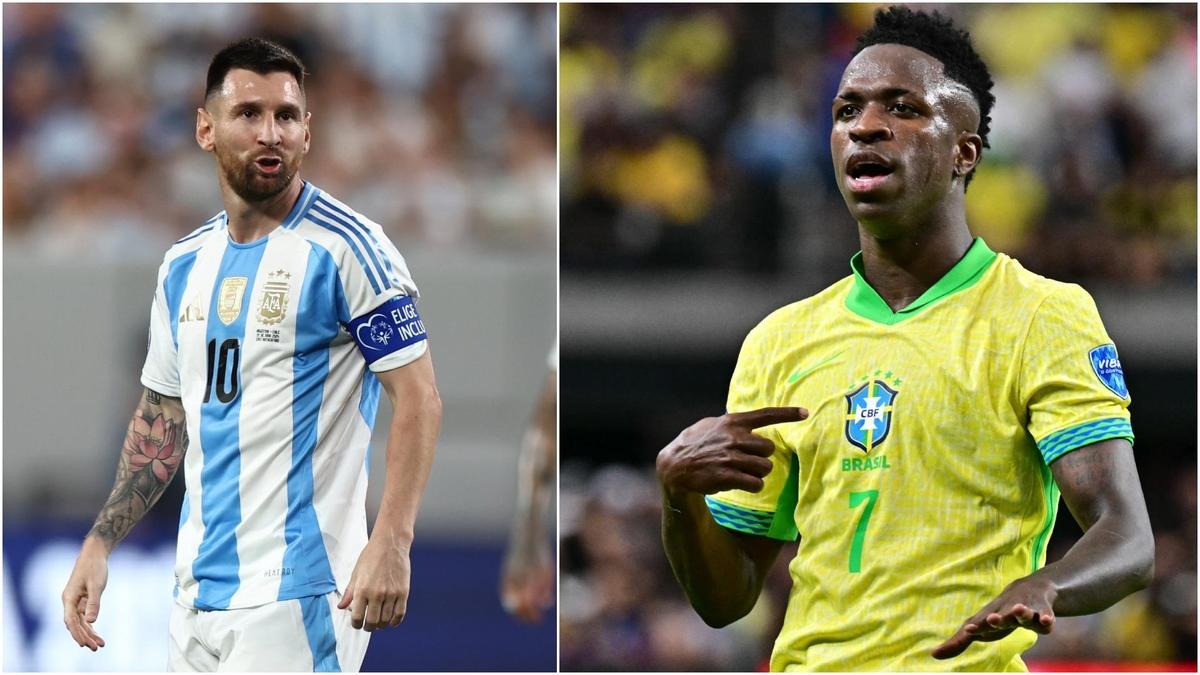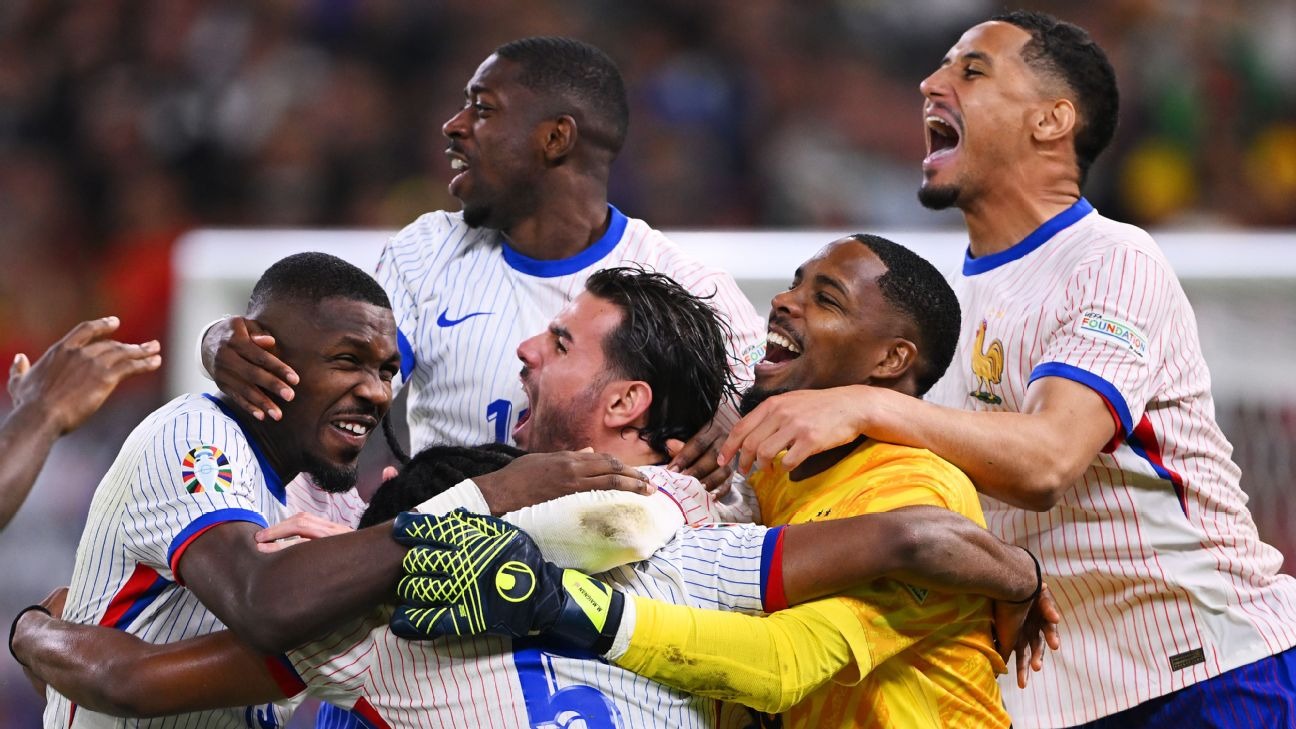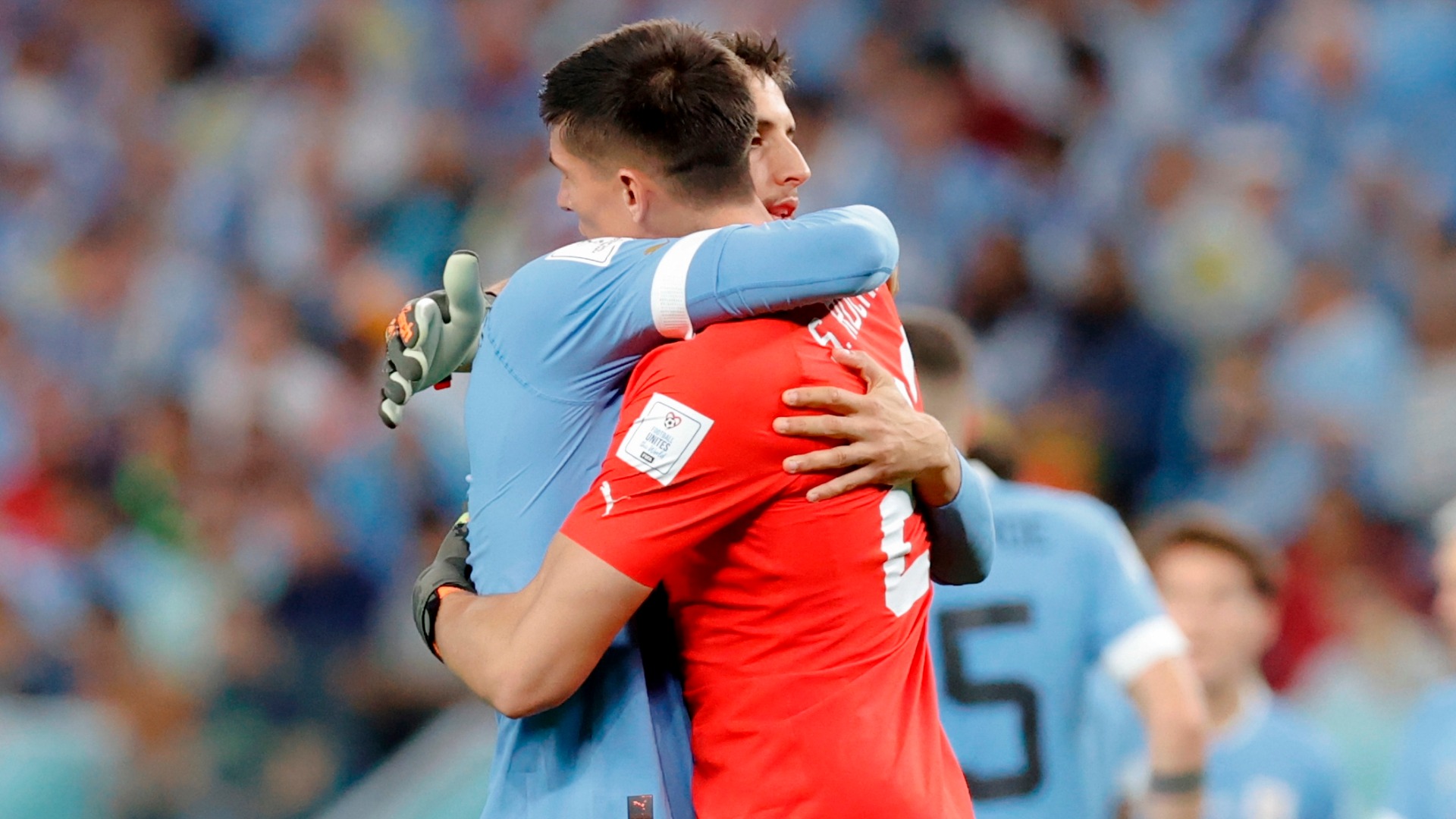Fans who like the football party organized this month as part of the America’s Cup and Euro 2024, which are taking place simultaneously on both sides of the Atlantic, have surely noticed the crucial difference between the two tournaments: at the end of the draw, there will be no additional matches in the playoffs of the South American championship.

CONMEBOL, the governing body of South American football, decided that extra time would not be played if the results of the quarterfinals and semifinals were the same in normal time. Instead, as in three of the four quarterfinals, the teams immediately switched to a series of post-match penalty kicks. Only in the event that everything corresponds to the expiration of the 90 minutes of the final between Argentina and Colombia will the traditional extension of 30 minutes be fixed.
The decision to forgo the extension has its drawbacks. The last match of the 16th round between Uruguay and Brazil was particularly tense since Marcelo Bielsa’s team remained in the minority after Nahitan Fernandez was eliminated in the 74th minute. Uruguay managed a 1-1 draw, then made sure to reach the semi-finals with a 4-2 victory on penalties. However, if the usual extra time was imposed at the end of the match, he would have had to play an extra half hour in an individual disadvantaged position.
“When we lost a person, we decided to dedicate ourselves to defending each other,” Bielsa said after the match.
In a normal knockout tournament, Uruguay would have lasted another 45 minutes. Instead, they only had to sit for 20 minutes and the game turned into a pointless half-time drill and a partial brawl.
Brazil is qualifying for the quarter-finals for the fourth time since being eliminated from the 2022 World Cup.
Brazil fell to the bottom: how the Selesan was lost
But although the absence of an extended team has attracted a lot of attention at this year’s America’s Cup, the format is not new. For most of the 108-year history of the Copa America, the extra time before the final has not been used. and between 1995 and 2004, there was no extra time in the final either. The only tournament where extra time was used in all rounds of the playoffs was in 2011.
The purpose of this format is to avoid player fatigue, as many featured Stars have recently completed long and tedious seasons at Club level, while preserving the quality of football in the tournament. The competition has intensified this year and the loss of extra time has helped the players (and fans) avoid 30 minutes of slow play and immediately move on to the drama of the penalty shootout.
The best football players are facing a higher workload than ever. The Uruguayan midfielder Federico Valverde has played for Real Madrid 52 matches in La Liga and the Champions League in the 2023/24 season, having played a total of 4280 minutes.

The exemption from additional playing time will probably maintain the level of performance of the 25-year-old striker in the America’s Cup, where he played a key role in the exit of the Celeste in the semifinals. His counterpart from the new Club, Kylian Mbappé, on the other hand, spent 48 matches and 3869 minutes of playing time for Paris Saint-Germain, which was below the average in the European Cup, and was replaced in the aftermath of France’s quarter-final match against Portugal.
And this load will continue to increase. The revision of the UEFA Champions League means that the clubs will organize two additional matches as part of the tournament next season. In addition, between FIFA and the International Players’ Union, a dispute continues over the scope of the club world Cup, which will be held in the United States in 2025, which will entail an additional burden for the players.
The fact that CONMEBOL waives overtime is at least a small concession aimed at alleviating the increasing pressure on the top players, even if this happens at the expense of greater randomness in knockout matches determined by penalty kicks.
The idea of taking advantage of the extra time to catch up for a few minutes has won over at least one influential supporter in Europe.
“In a tournament as responsible as the European Cup, it is possible that the extension could be canceled,” Luis de la Fuente, coach of Spain, finalist of Euro 2024, told reporters in Germany, saying that the extension should only be available for the semi-finals and the final.

In the playoffs and quarterfinals of this year’s tournament, five matches ended in a draw after a 90-minute break. Only two goals have been scored in these five extra-time periods: England beat Slovakia and Spain beat Germany. In three matches, the result was still decided in a series of post-match penalty kicks.

